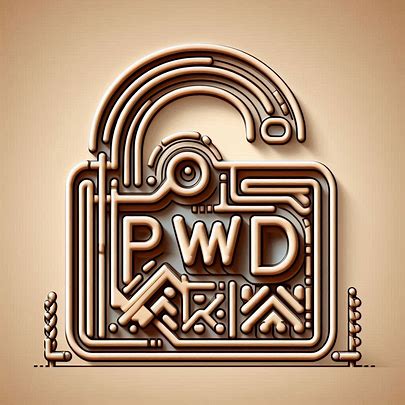What is the full form of the most common word?
The Origin of “OK”
The full form of OK is “Oll korrect ” or “All Correct“. The term “OK’ has a long and somewhat disputed History. Most widely accepted is the theory that it originated in United States, in the nineteenth century. Allen Walker Read, a 1960s American etymologist, proposed that the term is an abbreviation from “Oll Korrect,” which was a humorous misspelling for “All Correct.”

The Evolution of “OK”
“OK” is a term which has evolved over the years from a simple abbreviation into a flexible one that is used in many contexts. It can mean approval, acceptance or agreement. Here are a few common uses for “OK”.
- Approval : “Your proposal has been approved.”
- Acceptance : “Okay, I will be attending the meeting.”
- Agreement: “OK, let’s do it.”
- Acknowledgement:
Other Theories and Interpretations
- Olla Kalla: Many believe that the word “OK” originates from the Greek “Olla Kalla”, meaning “all well”.
- Choctaw Origin : According to another theory, “OK” may be derived from “okeh”, a Choctaw term that means “it is as it is”
The Versatility and Usefulness of “OK
- Adjective : “The food is OK.”
- Adverb : “She passed her exam with flying colors.”
- noun : “I’m waiting for your approval on this.”
- Verb : “Can You OK This Document?”
FAQs on “OK Full form”
Q1 What is OK in full?
A1: A humorous misspelling for “All Correct” is “Oll Korrect”, the most widely accepted form of OK.
Q2 What other theories exist about the origin of OK?
A2 Yes, there are other theories including the Greek phrase “Olla Kalla,” Choctaw words “okeh,” as well as the nickname “Old Kinderhook”.
You can also read our conclusion.
The term “OK’ is a fascinating illustration on how language has evolved and adapted over time. The term “OK”, which began as a hilarious misspelling and has evolved into a global phenomenon, is an integral part of communication.








